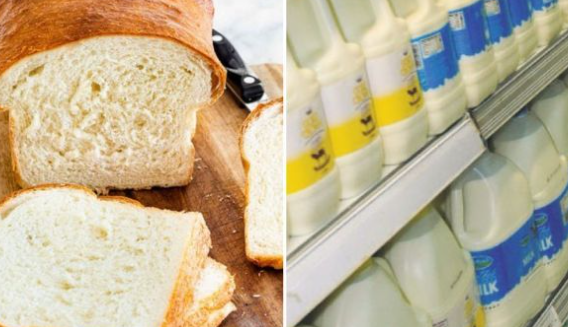The Treasury is reportedly evaluating the advantages of levying a 16% Value Added Tax (VAT) on bread and milk, a move likely to impact the average consumer as authorities seek increased collections from the middle class.
Treasury Cabinet Secretary Njuguna Ndung’u cited findings from government studies supporting the proposal. These studies indicate that the zero-rated classification of bread and milk, exempting them from VAT, predominantly benefits the middle class rather than the intended low-income group.
Notably, VAT contributes approximately 40% of total taxes collected in the country, with only 18% allocated to tax refunds for products targeting the poor.
If implemented, the proposal would result in an estimated increase of at least KES 9 for a 400g loaf of bread and correspondingly higher prices for milk. The government is exploring a refund mechanism allowing consumers to directly claim refunds from the Kenya Revenue Authority (KRA) using purchase receipts.
Professor Ndung’u proposed a transition to personalized tax refunds via receipts, bypassing firms in the process. This plan relies on the deployment of the electronic tax invoice management system (eTIMS), with a looming deadline for onboarding by March 31. The recent introduction of eTIMS Lite by the KRA aims to facilitate easier adoption for the informal sector.
Initially, the KRA exempted farmers and small businesses with annual turnovers under Sh5 million from e-invoice generation. However, this decision has been reversed, mandating all businesses to electronically generate and transmit invoices. The Tax Procedures (Electronic Tax Invoice) Regulations, 2023, outline nine transactions requiring electronic invoices, including those by businesses with turnovers under Sh5 million.
This shift towards e-invoicing encompasses various transactions such as emoluments, imports, interest, airline passenger ticketing, accounting adjustments, fees from financial institutions, and services by foreign entities lacking a permanent establishment in Kenya. The objective is to streamline tax procedures and enhance revenue collection efficiency.


















